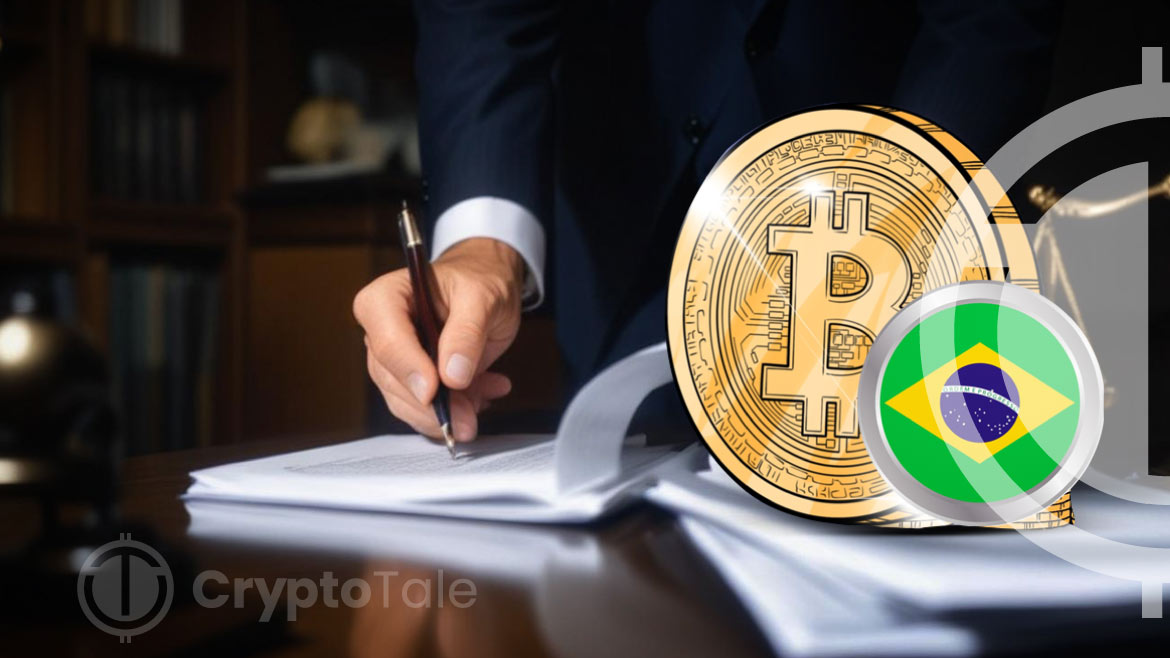- Brazil’s Central Bank aims to finalize crypto regulations by early 2025, focusing on local market needs through public consultations.
- A second round of consultations will refine Brazil’s crypto regulations, addressing unique market conditions and stablecoin issues.
- Federal Deputy Aureo Ribeiro stresses that robust consultations will attract global investors and support market growth in Brazil.
The Central Bank of Brazil is on track to finalize its regulations for cryptocurrency exchanges by early 2025. This move marks a significant step in structuring the country’s digital asset market. Nagel Paulino, the head of the regulatory department at the Central Bank, revealed that a second round of public consultations will play a crucial role in shaping the final draft of these regulations. This process aims to ensure that the rules are well-suited to Brazil’s unique market conditions.
The Central Bank’s ongoing efforts include extensive consultations with industry participants. These consultations began with a public questionnaire from December to February, which sought feedback on various critical aspects of the cryptocurrency market. Topics included asset segregation and risk management, among others. This initial feedback has been integral in shaping the regulatory drafts.
The forthcoming second public consultation will further refine these drafts. It aims to address specific needs of the Brazilian crypto market, ensuring that the regulations are not only comprehensive but also practical. Although the Central Bank had initially based its regulatory framework on international standards, it is now adapting these to better fit local conditions. This adjustment is crucial, as the Brazilian virtual asset ecosystem has distinct characteristics that international models do not fully address.
South Korea’s Inaugural Crypto Law Now in Effect: Key Regulations and RequirementsAside from finalizing the regulations for virtual asset service providers (VASPs), several other areas of cryptocurrency regulation remain under consideration. Key issues include asset tokenization, tariff regulations, and liquidity providers. However, the most pressing matter is the regulation of stablecoins. Given their growing popularity and substantial market volume in Brazil, stablecoins require special attention.
Federal Deputy Aureo Ribeiro, who played a role in enacting the current cryptocurrency law in Brazil, emphasized the importance of these consultations. He believes they will help create a robust regulatory framework that fosters market growth and attracts global investors.






